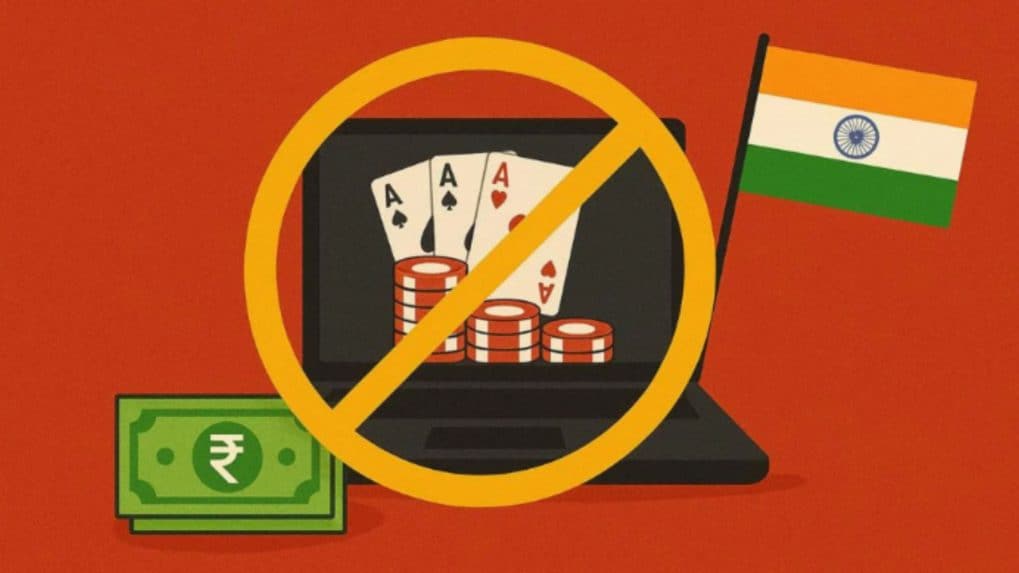How it Works
WPP, Havas, Omnicom: Are advertising’s biggest holdcos recasting agencies as AI Operating Systems?

Even before the Union government issued an official notification enforcing the Promotion and Regulation of Online Gaming law, 2025, India’s real-money gaming (RMG) industry has already suffered staggering losses. In just six days starting Thursday evening, when companies began shutting down operations, industry estimates suggest over ₹1,000 crore in player deposits were wiped out, while the government exchequer lost approximately ₹250 crore in tax revenues.
With President Droupadi Murmu giving her assent on Friday, the industry now awaits the government’s official notification. But insiders say the financial damage is already showing up.
“The uncertainty of the past week has destroyed business confidence. In six days alone, the industry lost over ₹1,000 crore. That’s money that will never come back,” said a senior executive at one of leading real money gaming firm.
Top gaming firms including Dream11, MPL, Gameskraft, Games24x7, A23, Zupee, PokerBaazi and WinZO suspended their RMG offerings starting Thursday evening, for abiding the law passed in the Rajya Sabha and subsequently recieving Presidential assent on Friday. Collectively, these platforms had built a user base running into hundreds of millions, supported more than two lakh jobs, and attracted nearly ₹25,000 crore in foreign direct investment.
Top real money gaming firms like Dream11 and Gameskraft have decided to not challenge the law in court and winded down their real money gaming operations before the enforcement of law.
Harsh Jain, Co-founder and CEO of Dream11 told Storyboard18, "When our business model was constitutionally protected, we ran it. Now that the law has changed, we’ve complied immediately — even before the ban was formally signed. And I can say clearly: Dream11 will not challenge this law in court."
Similarly, Gameskraft has decided to not challenge the law, “As a responsible and law-abiding corporate entity, Gameskraft has no intention of pursuing any legal challenge to the legislation. We fully respect the legislative process and remain committed to operating within the framework of the law,” a Gameskraft spokesperson said.
According to industry bodies, the shutdown vaporizes an enterprise valuation of over ₹2 lakh crore, annual revenues of ₹31,000 crore, and annual tax contributions exceeding ₹20,000 crore. At a time when India is chasing FDI, the online skill gaming ecosystem had already attracted ₹25,000 crore in foreign investment.
The law now brings one of the harshest enforcement regimes globally. Offering real-money games could invite up to three years in jail, a ₹1 crore fine, or both. Repeat offenders face mandatory three-to-five years imprisonment and fines up to ₹2 crore. Even advertisers, banks and intermediaries processing payments can be punished.
“This is not just about gaming companies anymore. Even payment processors and advertisers are exposed to criminal liability. It is one of the toughest crackdowns anywhere in the world,” said a Delhi-based legal expert on gaming regulation.
For India’s once-booming RMG industry, the six-day limbo before the government’s notification has already proved catastrophic—burning through ₹1,000 crore in deposits, cutting off tax inflows worth ₹250 crore, and signaling the abrupt end of one of India’s fastest-growing digital sectors.
From purpose-driven work and narrative-rich brand films to AI-enabled ideas and creator-led collaborations, the awards reflect the full spectrum of modern creativity.
Read MorePraveen Someshwar, Managing Director and CEO of Diageo India, joins the Grand Jury of the Storyboard18 Awards for Creativity, highlighting the awards’ focus on work that blends cultural relevance with strategic and commercial impact.